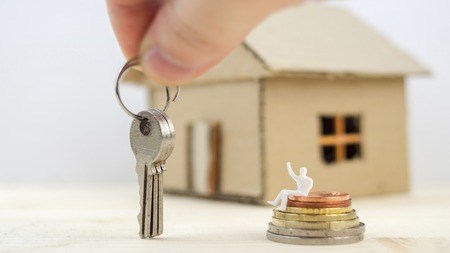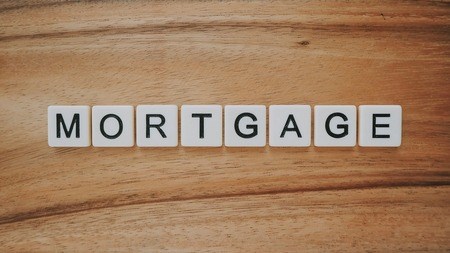When you want to buy a house and you don’t have the money to pay for it in full, you can approach a bank to lend you the money. If the bank feels that you are able to pay it back over 20 years by making monthly payments, it will loan you the money to buy the house, and the house will be registered in your name through a Title Deed.
The Title Deed
The Title Deed proves that you are the owner of the house, but the bank will keep this deed until you have paid back the total amount the bank has loaned you, which could be in 20 years or even 30 years.
Interest rate
The bank also charges you a fee for loaning you the money, which is called ‘interest’. This rate is set by the South African Reserve Bank (SARB), although if you have a good credit score, you may be able to negotiate with the bank for a slightly lower rate.
Credit score
When you apply for a home loan, one of the first things a bank does is check your credit score. This is something you can also do yourself. Credit scores are calculated by credit rating agencies, that examine if you have debt and if you have been good at paying off your bills. A good credit score is usually between 300 and 850.
Monthly payment
The bank will determine how much you need to pay into your home loan account, based on your affordability. This amount also includes the interest. Every time you pay a monthly sum into your home loan, you own a little bit more of your house. It makes sense, therefore, to pay a little bit more than you need because it will reduce the interest that the bank is charging you over the loan period, and help you pay off your house sooner.
Advantages of a home loan
There are many advantages to having a home loan. Some of these are:
You will have a roof over your head for as long as you continue to pay at least the minimum amount the bank has determined.
If you pay extra into your home loan account, you are able to withdraw that ‘extra’ if you need cash urgently, or, for example, want to make upgrades to your property, which will improve its value.
You can pass this property down to your children in the future, which gives them the benefit of having a wealth-building asset.
You are not paying rent, meaning that your money is working for you and not to the benefit of a landlord.
It is a sort of forced form of savings; over time you will own this property outright, which means you may choose to sell it in the future, give it to your children, or use it as a base to achieve other financial goals.
Paying regularly means your credit score will improve. Having a home loan is considered ‘good’ debt because at the end of the payment cycle, you own an asset, that is usually worth more than you paid for it.
Disadvantages of a home loan
When you have a home loan, you are obligated to pay it off, and this means you are committing to a debt for a long time, usually 20 years. The major disadvantages are:
You cannot predict the future, and, therefore, cannot know if you will be able to continue to pay the bank every month. (Banks do, however, make allowances if you anticipate this problem and talk to them before you get into too much financial trouble).
The longer you have the home loan, the more interest you will pay. (If you pay extra per month, the interest gets paid off quicker, and so does the home loan).
Selling the property when you are in financial difficulty could mean selling at a loss. Because you are under pressure to sell and possibly quickly, you may not be able to wait for the best offer.
You need to have some insurance, which can add more pressure on your ability to pay the home loan. You may also need a life insurance policy, which helps you get approval for your home loan.
In the case of a divorce or death of one of the parties that has an interest in the property, the property may need to be sold, or the remaining party will need to cover the home loan.
Overall
There are many positives about owning a home beyond those mentioned. For example, perception - which means other people will view you as successful. You will also always be able to give your loved ones a roof over their heads, which will make you feel like you are a good provider. Even if you have to make sacrifices to make sure you pay your monthly home loan, in the long run, you will have peace-of-mind that you have made a good financial investment for your future.




